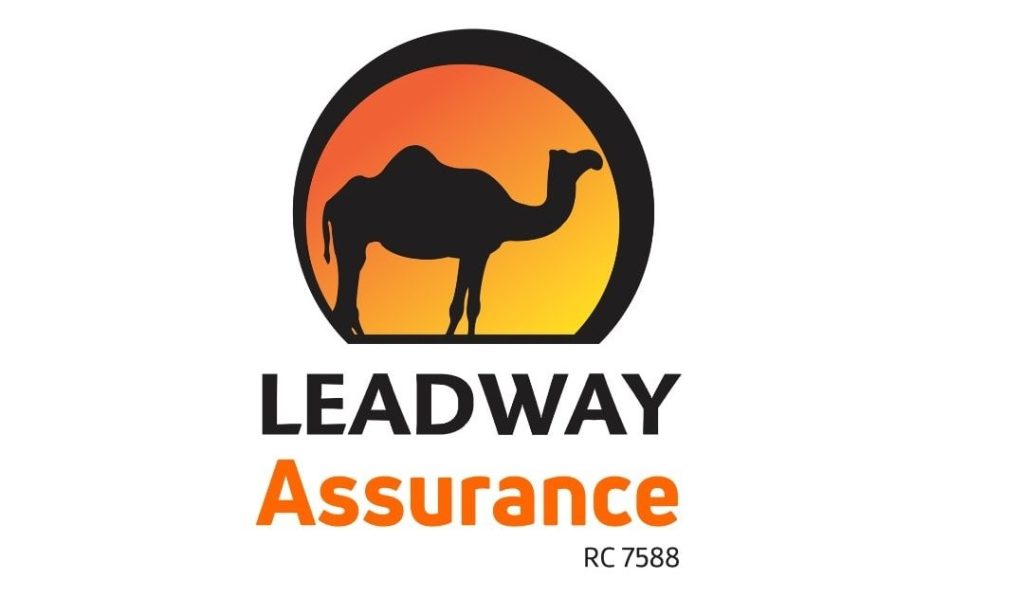The Importance of Third-Party Motor Insurance Compliance in Nigeria
Third-party motor insurance is a crucial aspect of responsible road usage in Nigeria, providing essential protection for all road users, including pedestrians, by fostering accountability, enhancing road safety, and providing financial coverage for accidents. Despite its importance, the compliance rate for third-party motor insurance remains alarmingly low in Nigeria, with only about 30% of vehicle owners possessing valid insurance. This low compliance rate poses significant risks to all road users and underscores the urgent need for increased awareness, enforcement, and collaboration among stakeholders.
The benefits of third-party motor insurance extend beyond the individual vehicle owner. It fosters a culture of responsibility among drivers, encouraging safer driving practices and reducing the likelihood of accidents. In the event of an accident, the insurance policy ensures that victims receive the necessary financial compensation for medical expenses, property damage, and other related costs. This protection not only alleviates the financial burden on victims but also protects the at-fault driver from potentially crippling financial liabilities. By providing this safety net, third-party insurance creates a more secure environment for all road users, encouraging responsible behavior and minimizing the impact of accidents.
The current enforcement drive by the Nigerian police to ensure compliance with third-party motor insurance regulations is a commendable step toward improving road safety and accountability. This initiative aims to identify and penalize vehicle owners who operate without valid insurance, thereby encouraging greater compliance and promoting a culture of responsible road usage. The enforcement campaign serves as a deterrent against non-compliance and strengthens the overall road safety framework in Nigeria. It also reinforces the message that driving without insurance is not only illegal but also a disregard for the safety and well-being of others.
However, enforcement alone cannot address the issue of low compliance. A multi-pronged approach is required, involving a combination of enforcement, public awareness campaigns, and collaborative efforts among stakeholders. Government agencies, private organizations, and the general public must work together to raise awareness about the importance of third-party motor insurance. Educational campaigns should target vehicle owners, emphasizing the benefits of compliance, the risks associated with non-compliance, and the legal obligations involved. These campaigns should also highlight the societal benefits of compliance, emphasizing how it contributes to safer roads and a more accountable society.
Moreover, stakeholders should explore innovative strategies to simplify the insurance acquisition process, making it more accessible and affordable for all vehicle owners. This may involve exploring digital platforms and mobile applications to facilitate online insurance purchases, offering flexible payment options, and providing clear and concise information about insurance policies. Addressing the challenges of accessibility and affordability can significantly contribute to increased compliance rates and ensure that all vehicle owners have access to the protection afforded by third-party insurance.
In conclusion, achieving a high level of compliance with third-party motor insurance in Nigeria requires a concerted and collaborative effort from all stakeholders. Enforcement of regulations is essential but should be complemented by comprehensive public awareness campaigns and accessible insurance options. By working together, government agencies, private organizations, and the general public can create a culture of responsibility and accountability on Nigerian roads, ensuring a safer and more secure environment for all. This collaborative approach is essential for improving road safety, fostering a more responsible driving culture, and creating a more secure society for all Nigerians.


